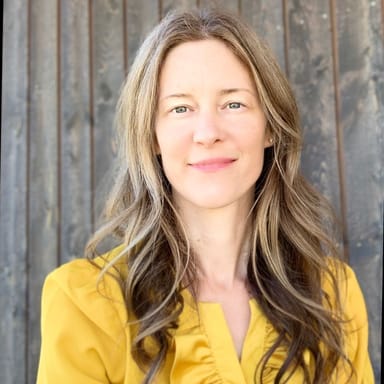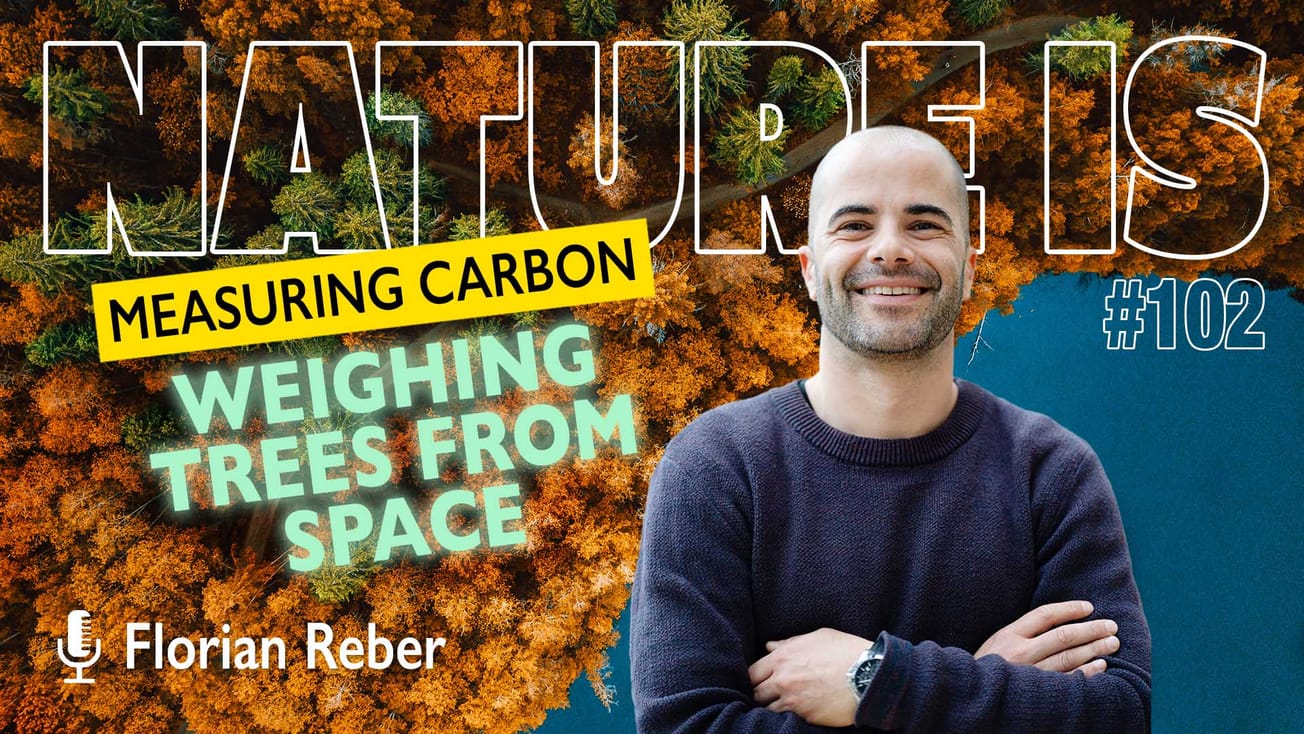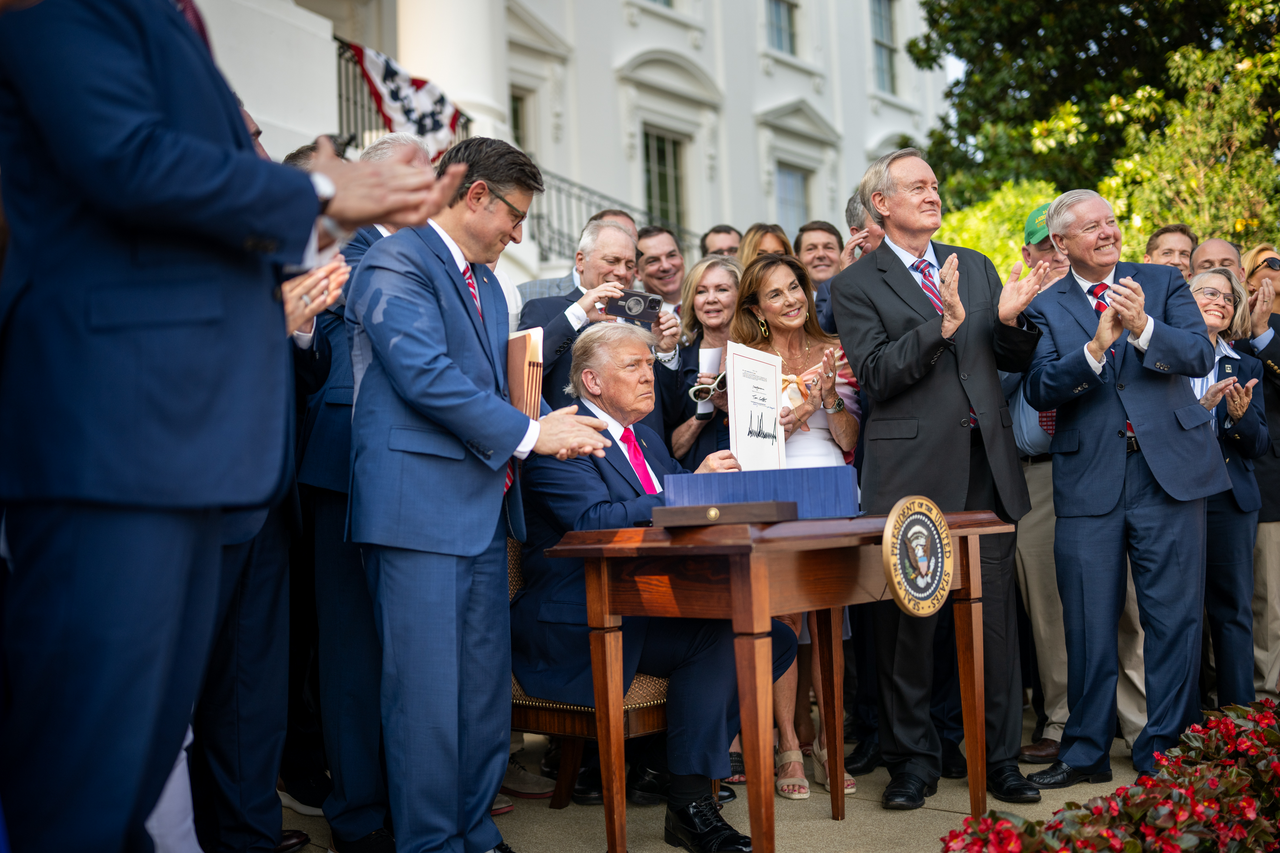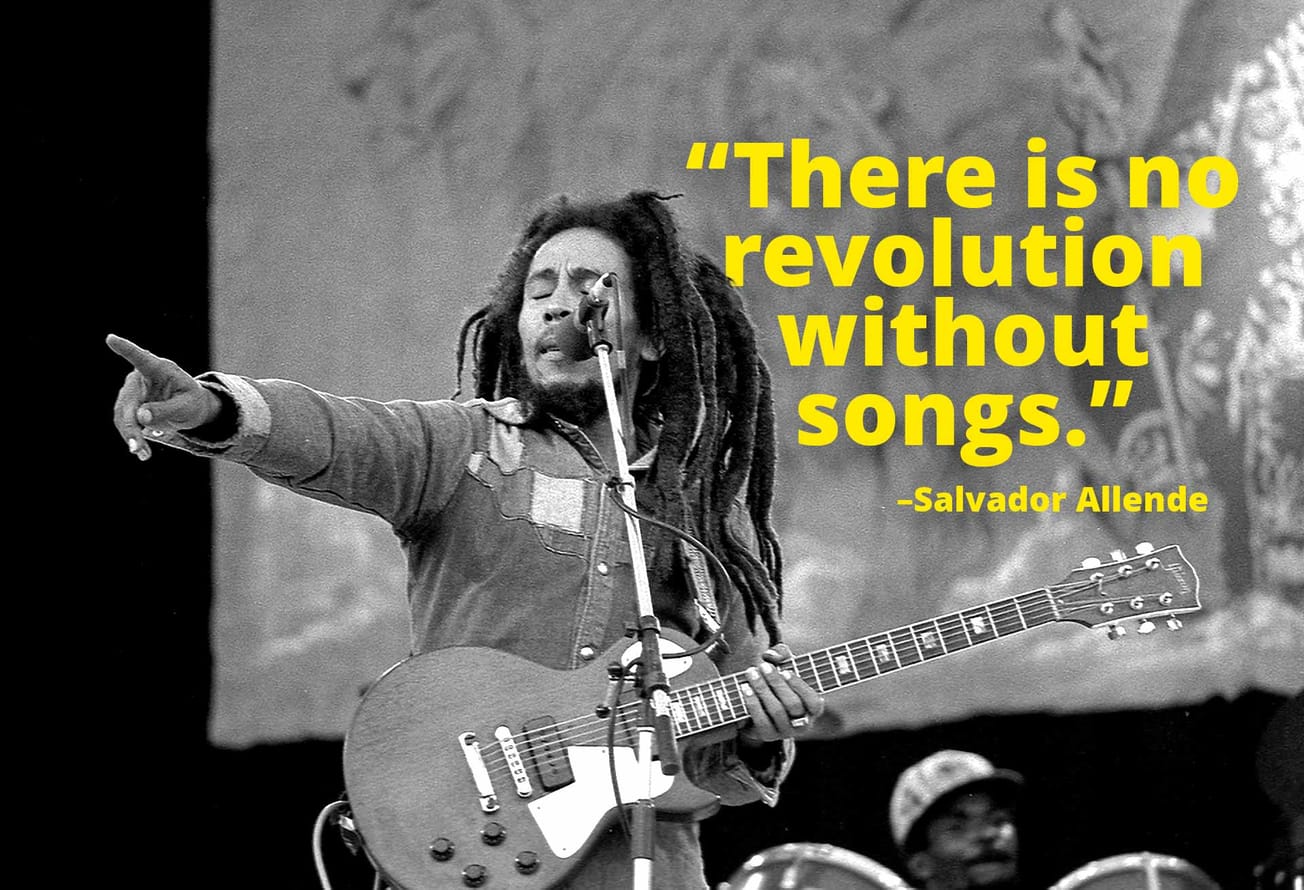While the main World Economic Forum agenda in Davos sidelined nature and biodiversity loss; NGOs, International Organizations, start-ups, investors, and passionate individuals persevered to facilitate discussions on the periphery, keeping solutions to this crisis on decision-makers’ hearts and minds.
Long-term thinking lost out to short-termism overall, but the Pre-Davos release of the WEF’s Global Risk Report framed the urgency for solutions, identifying biodiversity loss and ecosystem collapse risks within the top three risks over the next ten years.
The Report highlights focusing on a nature-positive strategy would create new opportunities valued globally at $10.1 trillion, alongside 395 million jobs by 2030. The Forum’s New Nature Economy reports goes on to show that over half of the world’s GDP – $44 trillion – is highly or moderately dependent on nature.
Now, a month after the crowds have dissipated, did all the convening in the Alps produce a good outcome for nature? On the periphery of the hustle and bustle, I asked a few passionate professionals immersed in the space this exact question, what would a good outcome for nature be in Davos this year?
Randall Krantz from the GCA Accountability Accelerator.
Insofar as a concise summary is concerned, no one says it better than Lucy Almond, from Nature4Climate, who outlined five key themes in What was the Nature of Davos this year? From new regulations and CEO action groups to closing the financing gap for nature, land use considerations, a focus on the Amazon, and nature tech - she touches on the main takeaways for nature in Davos.
From my perspective, here’s where I heard agreement and reason for hope that sensible measures can still be deployed to avert an unlivable climate for humanity.
One, the world needs market systems that reward better ecological outcomes. In this quest for more holistic models, we won’t get anywhere without some failures along the way. Stakeholders on this journey must not allow the perfect to be the enemy of the good, but rather learn from failing while falling forward.
Two, to make nature a clear economic choice, new approaches must be sustainable for local communities and indigenous people. This means compensation flowing directly to the stewards of the land, equitably, and in a way that works for people AND nature.
Three, regulation to move toward a nature-positive future should be outcome-orientated, not solely metrics-driven. The solutions to address nature and biodiversity destruction remain inspiring and tangible, whereas climate and carbon have become more ethereal. Let’s keep society engaged and inspired to act.
Four, a passionate and refreshingly heartfelt voice stood out and is one to watch this year. The Colombian Minister of Environment, María Susana Muhamad González. Her call to action for this year’s UN Biodiversity Conference (COP16) in Colombia summed it up eloquently: “it's time to make peace with nature.”
Five, the political stamina to persist with a market system that rewards better ecological outcomes is lacking at the highest levels. This means it is imperative citizens elect leaders who dare to reimagine an economy based on stewardship, not extraction. Nature is critical for businesses and society, and we need robust means for reinvesting accordingly.
The best for last, Jane Goodall! At nearly 90 years of age, she had a full schedule in Davos and still spends 300 days a year traveling the world to inspire HOPE through ground-up community engagement in conservation-restoration efforts. Her message for us all: dialogues that instill fear and anger won’t change the status quo. Tell stories that speak to people’s hearts to inspire positive action.
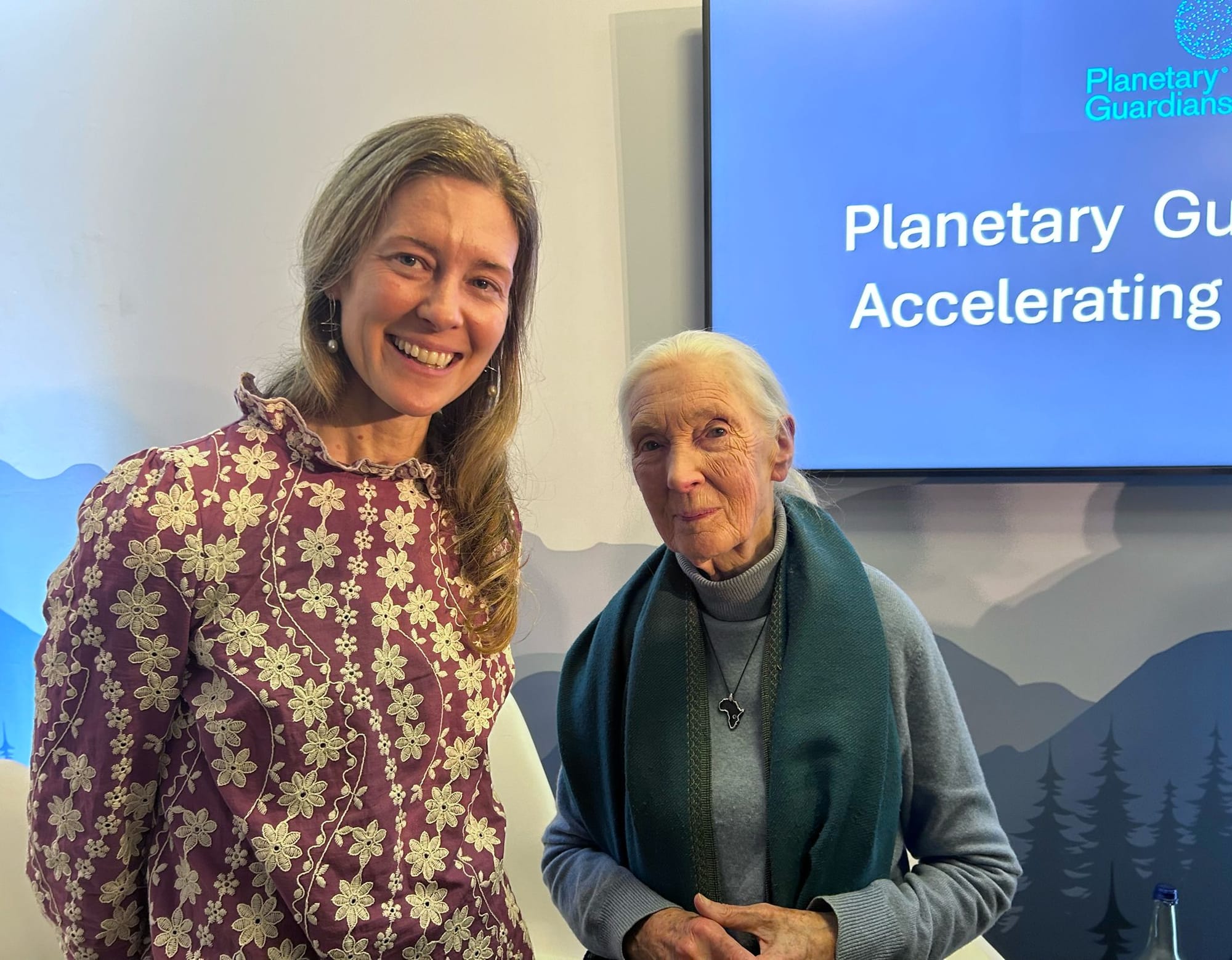
So did Davos foster a good outcome for nature this year? Amongst the proverbial choir, yes. It furthered in-depth discussions on the tactics of implementation amongst experts, practitioners, policy makers and biodiversity-curious leaders. But these were the individuals already convinced of the merits of preserving the world’s wilds.
Going forward biodiversity impacts need to be systematically integrated into business strategies and government agendas, at the highest levels. After all, it’s impossible to address climate change without in-tact biodiversity. In the words of UNEP’s Executive Director, Inger Anderson “nature does everything.”



